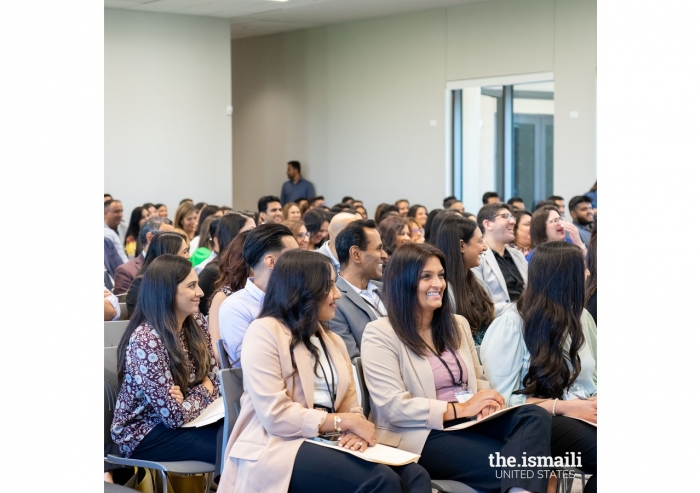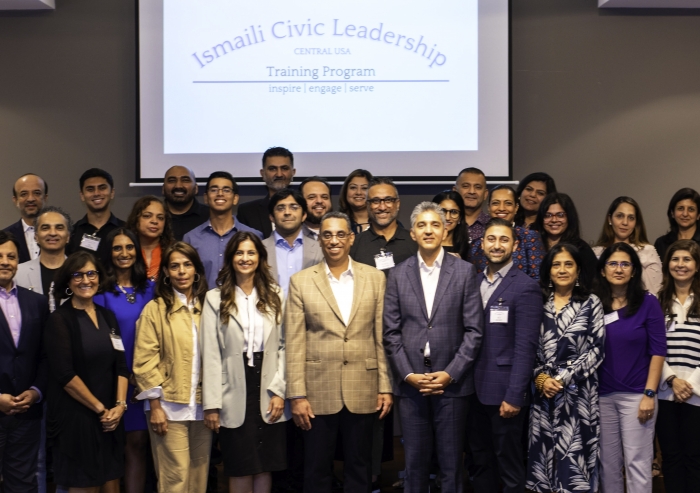Sharmeen Ladhani wanted to be a CNN reporter in her youth. At some point, she decided to become an attorney instead, and can now add receiving the Texas Association of Mediators Rising Star Award for 2023 to her already impressive resume. She is also a tax litigation expert for the Internal Revenue Service, teaches at the Texas A&M University School of Law, is a Council Member for the State Bar of Texas, and serves on the Aga Khan Conciliation and Arbitration Board (CAB).
The award seeks “to recognize a current Texas Association of Mediators (TAM) member who, even though relatively new to mediation (less than five years), is already having a significant positive impact on the mediation community,” and someone who “jumps in with both feet” to help both the organization and the wider mediation community at large further its goals, according to the organization’s website.
Sharmeen was nominated for the award by fellow CAB member and TAM president-elect, Omar Samji, who highlighted her commitment and willingness “...to embody the vision of His Highness the Aga Khan—improving the quality of life of those around her—as a mediator, servant leader, public speaker, and educator.”
IMG_8894

Sharmeen says she’s excited and feels honored, while emphasizing that “This award is recognition for the work being done by all CAB members.” The award casts a spotlight on CAB and the Imam’s mandate, and furthers his aspiration for CAB to partner with other Alternative Dispute Resolution (ADR) organizations.
Sharmeen’s CAB journey started with a 40-hour mediation course in which she became Community Dispute Resolution-certified. “I’ve been mediating for four years and have served on various leadership capacities during that time on topics including empathy, culture, competence, maintaining neutrality, etc.,” she says.
To be a successful litigator requires the skill to convince others as well as a competitive spirit. Sharmeen certainly has this ability but she can also relate empathetically to families and others in conflict, and guide them gently to resolve differences.
Over time, Sharmeen has given lectures to various industry organizations, and developed a course on dispute resolution principles based on her CAB learnings that she has taught at the Texas A&M University School of Law. Topics of her presentations to all levels of attorney-mediator organizations have covered practicing cultural competence and embracing pluralism to “effectuate meaningful resolution” via alternative dispute resolution.
(CAB) is a free and voluntary mediation service provided (as long as one party is Ismaili) to facilitate the participants to resolve their disputes. Mediators like Sharmeen undertake rigorous training but strive to restore harmony within the cultural and ethical framework which makes CAB unique from other ADR communities. Its resolution rate is more than 70%, a statistic considered high in this field, and one which should instill pride and confidence in the Jamat.
Sharmeen received her undergraduate degree from the University of Texas at Austin and her J.D. from the Vanderbilt University School of Law. She lives in Dallas with her husband, Aly Moosa, an insurance actuary, and when they have time, they enjoy traveling.








